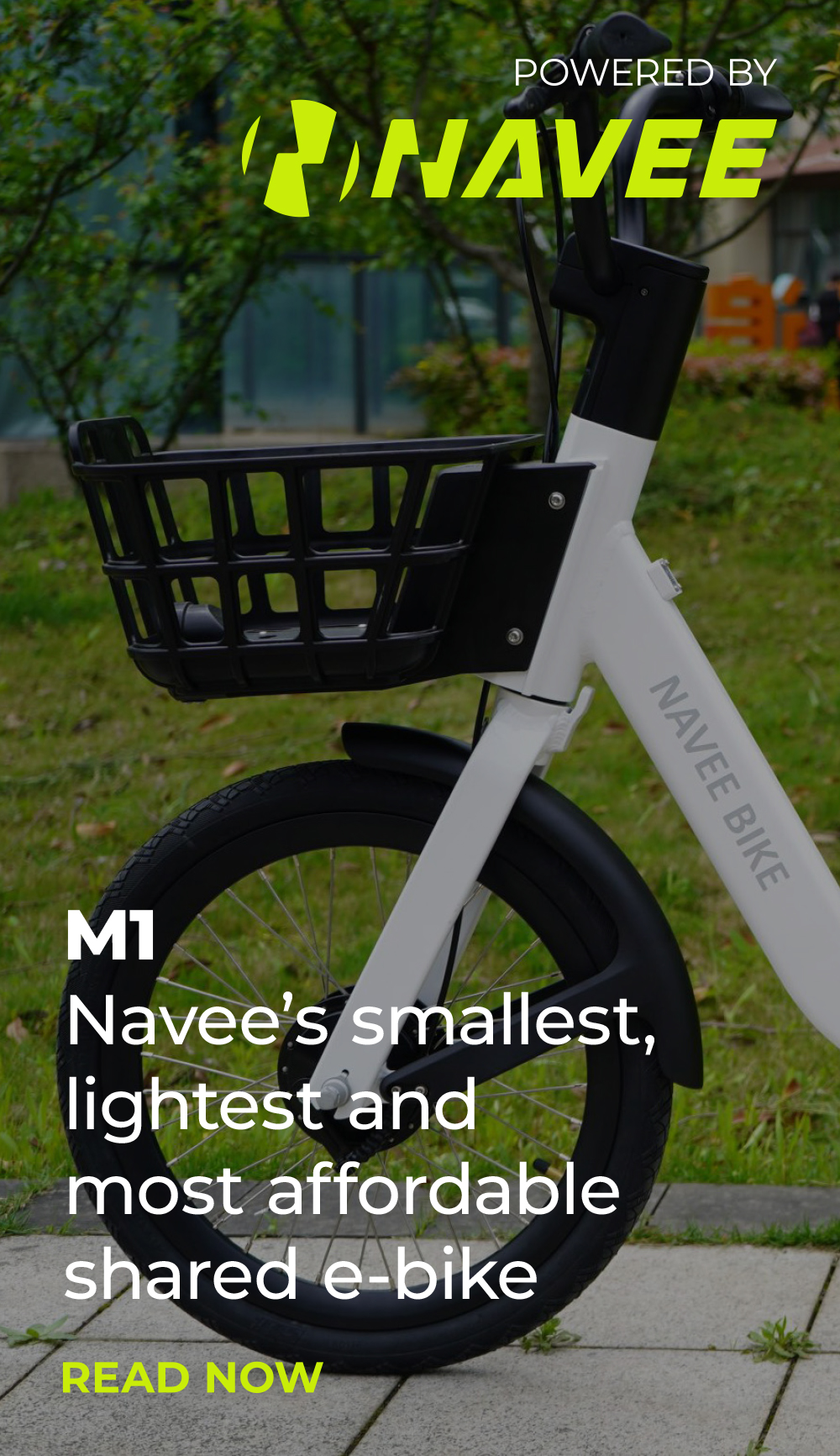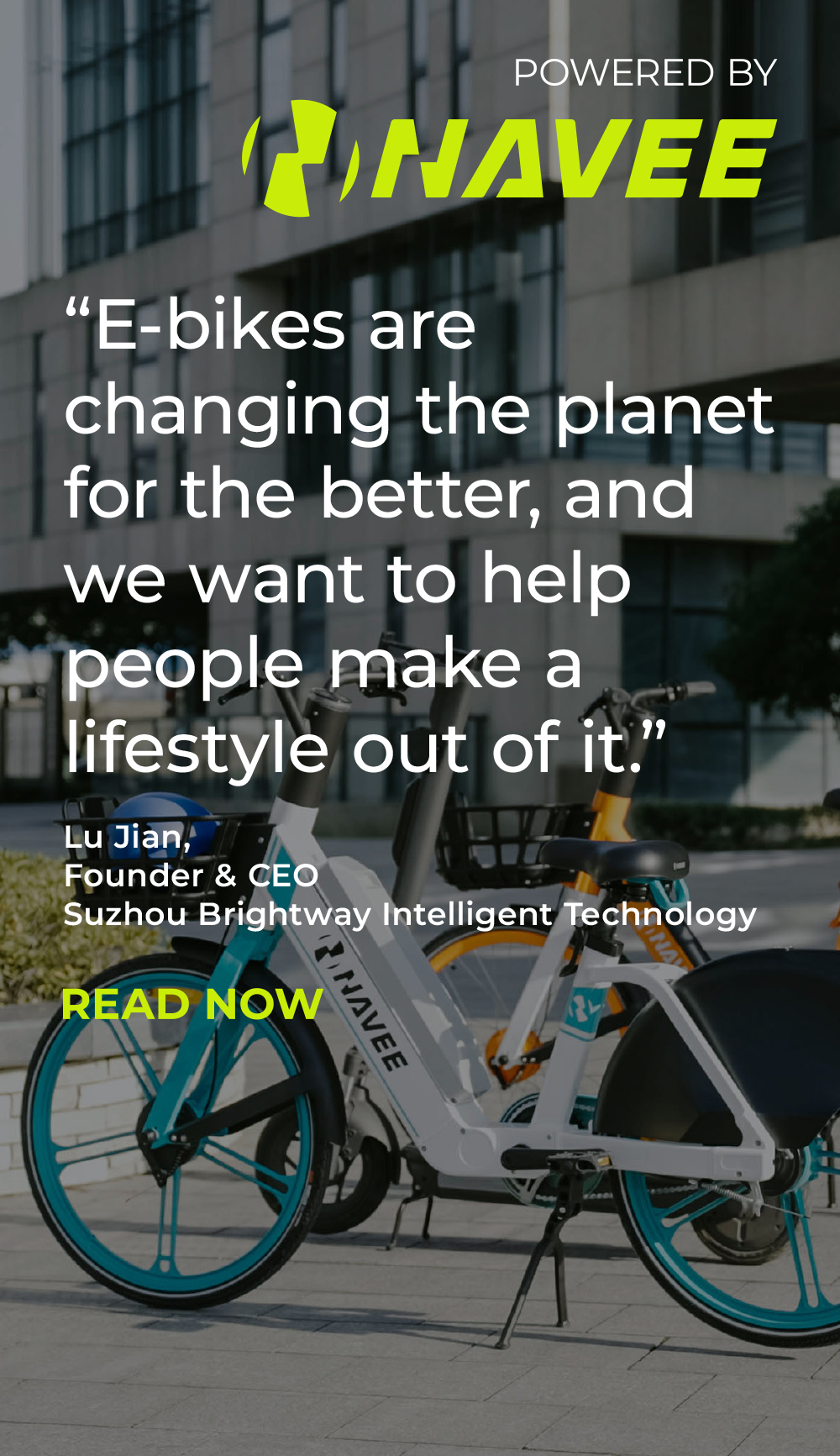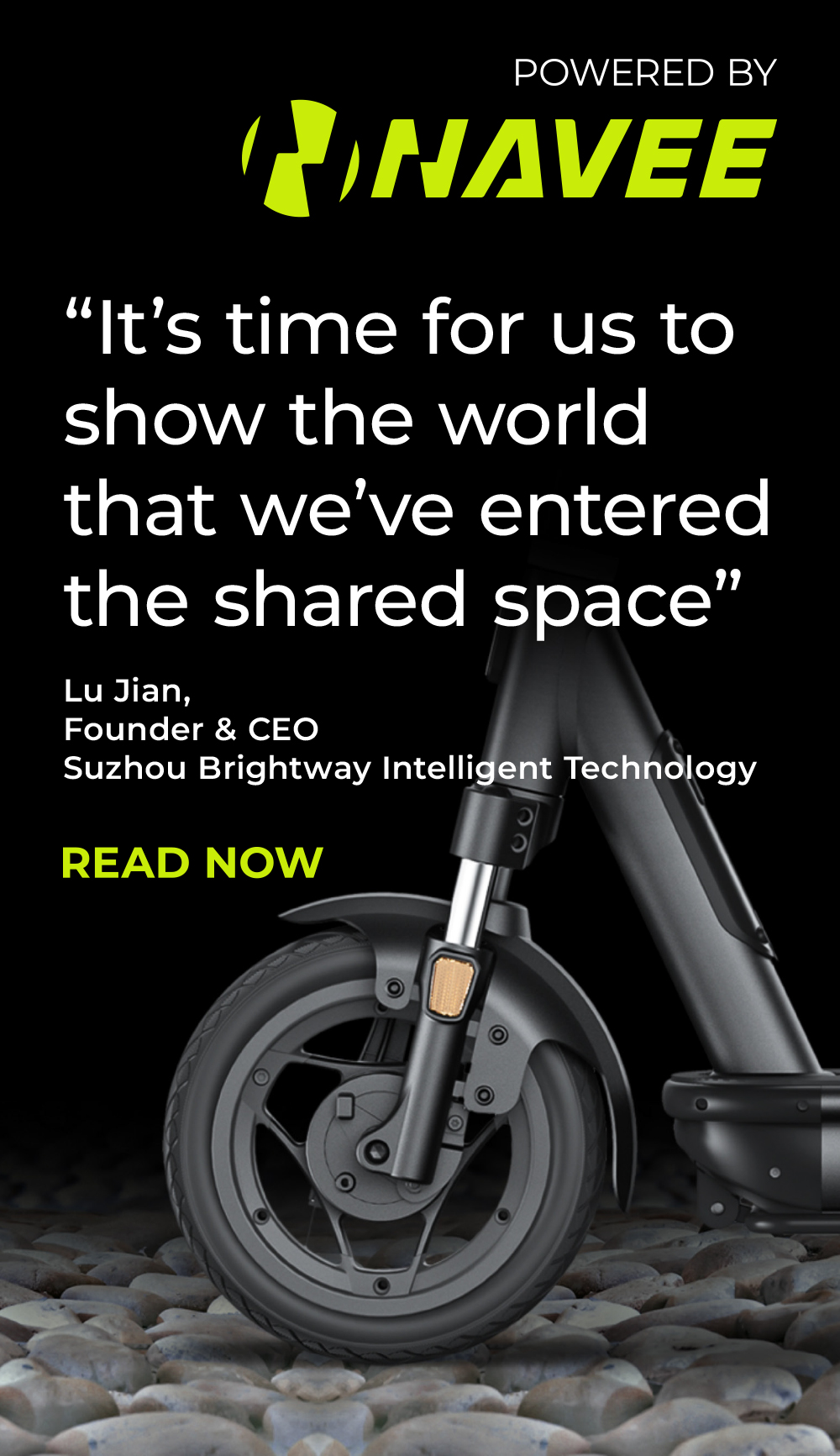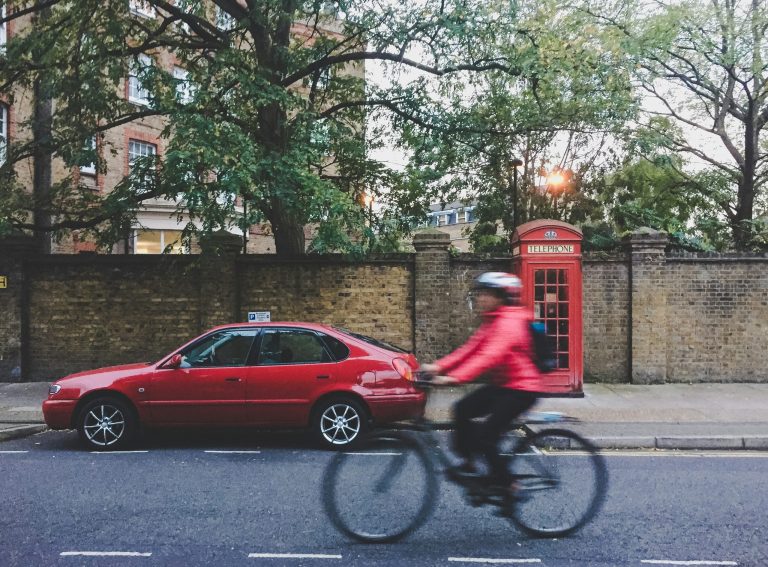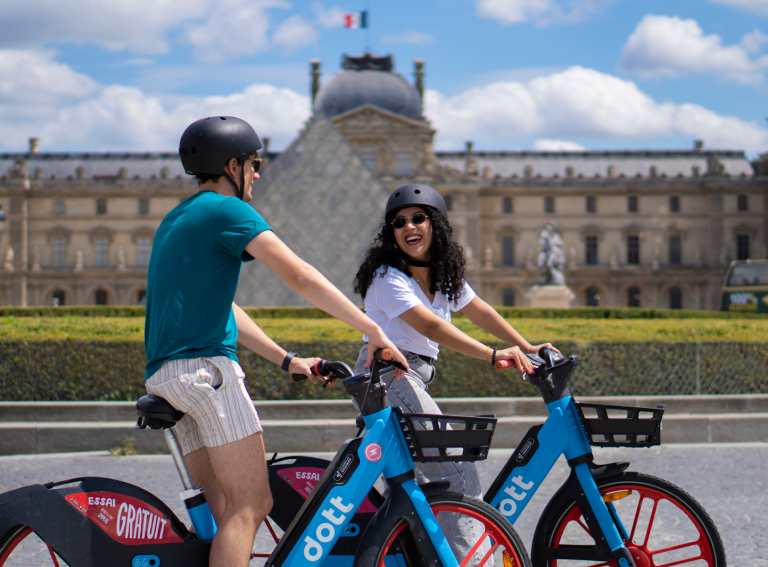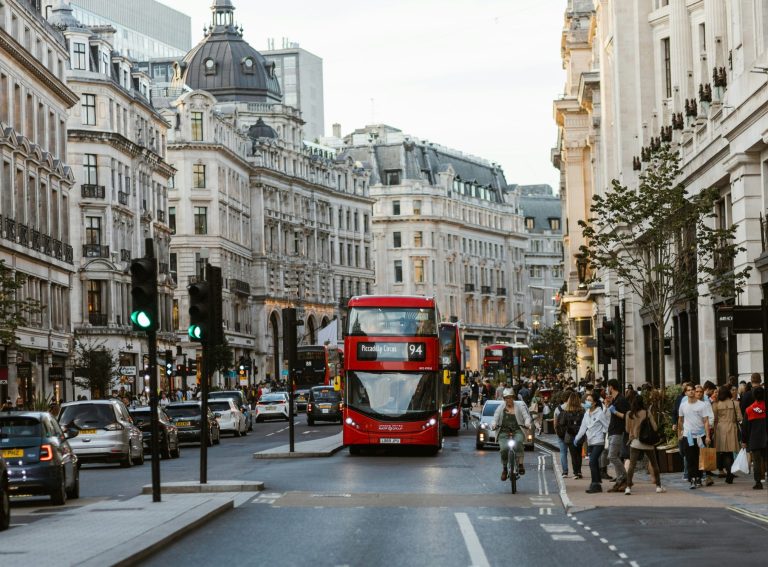A new public bikeshare system has launched in Poland with a service area more than twice the size of Singapore.
Powered by global micromobility software platform Urban Sharing, Mevo 2.0 covers approximately 650 square miles across the cities of Gdańsk, Gdynia, and the town of Sopot.
“It’s a humongous service area,” Kristian Brink, CEO of Urban Sharing, told Zag Daily. “We’re talking one of the largest in Europe, if not the world.”
The operator INURBA Mobility will deploy a mixed fleet of 3,150 e-bikes with swappable batteries, and 1,050 mechanical bikes.
But Brink stresses that this is just step one. “Considering that the Citi Bike scheme in New York is moving towards 100,000 in a space that is half as big as this service area, you could in theory scale this system exponentially, and this is what I think the city councils have in mind for the future.”
A new benchmark for Europe
Urban Sharing is providing all the front end channels for the service, from the website to the app, as well as the back end fleet management software and data hosting.
Day-to-day INURBA Mobility will use Urban Sharing’s advanced software optimisation tools for tasks like fleet rebalancing, identifying usage hotspots, KPI dashboards and more, through a series of API plugins and Urban Sharing’s platform itself – also known as Urban Fleet.
“We need challenging projects like this in order to test the algorithms that we’ve built, the business intelligence visualisations that we provide, and also our dynamic rebalancing software which is a product on the side called Urban Crew,” said Brink.
For users, the system will combine best-in-class features from the e-scooter and dockless bike world with the convenience of a public service.
“Mevo 2.0 is a turning point for micromobility in Europe,” he said.
“The features that were introduced by the scooter share wave such as QR code scanning and rating at the end of a trip that are beloved by many, are now blended with the established business-to-government bike share, paving the way for a new real alternative to private cars in cities.”
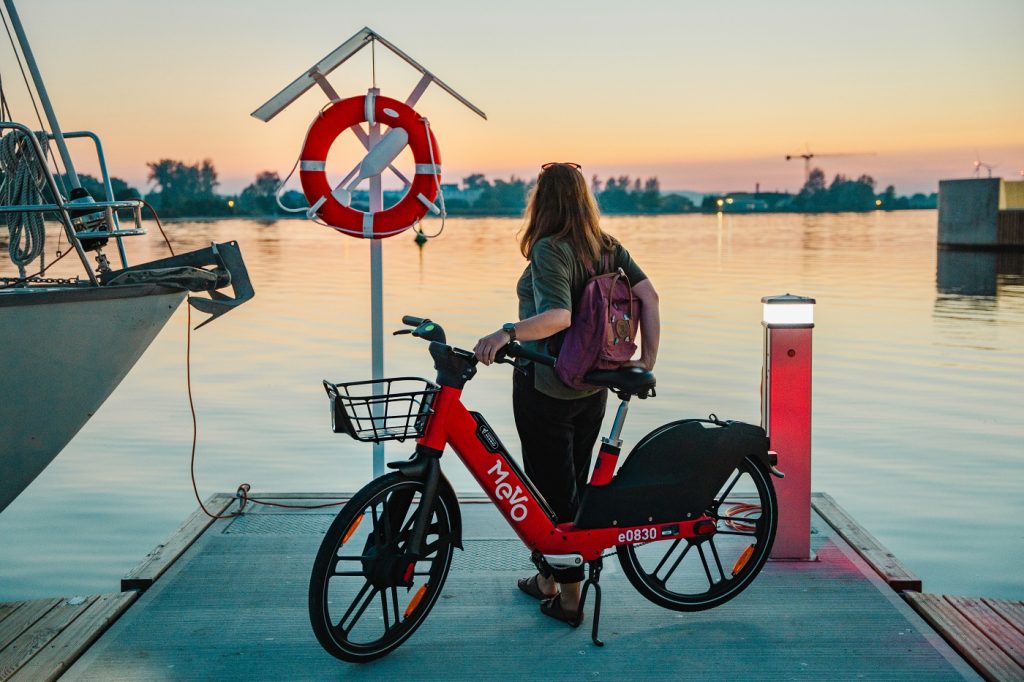
An operational challenge
Mevo 2.0 is expected to bring operational challenges for INURBA and Urban Sharing.
Not only does it combine physical racks, virtual stations and free floating systems (717 stations in total), but the sheer size of the scheme will also make it difficult from a rebalancing perspective.
“It is a real test for the operator to be able to rebalance such a huge system without wasting resources,” Brink told Zag. “So one thing we’re speaking about a lot at the moment is where to strategically place the warehouses to make efficient use of the operator’s vehicles and field teams so they can get the best out of the system.”
To help with rebalancing, the two firms are introducing different pricing systems, depending on if a user returns a bike to a docked station or a free floating station area that is further away.
Plenty of room for growth
Mario Rodríguez, Operations Director at INURBA, told Zag that “on the first days, without deploying our entire fleet, we have had an average of 7,000 trips. This is a clear example of success and commitment to sustainable mobility.”
Given the space to aim at, Urban Sharing has made it clear that it’s keen to ramp the fleet size up fairly quickly.
“If City Hall wants to add another 2,000 bikes to the system tomorrow, we can cater for that, so it’s very exciting,” said Brink.
“The municipality is also really eager to experiment with all sorts of micromobility vehicles in this giant area so I think this scheme is a great one for our industry to watch as it can be a real alternative to cars.”

